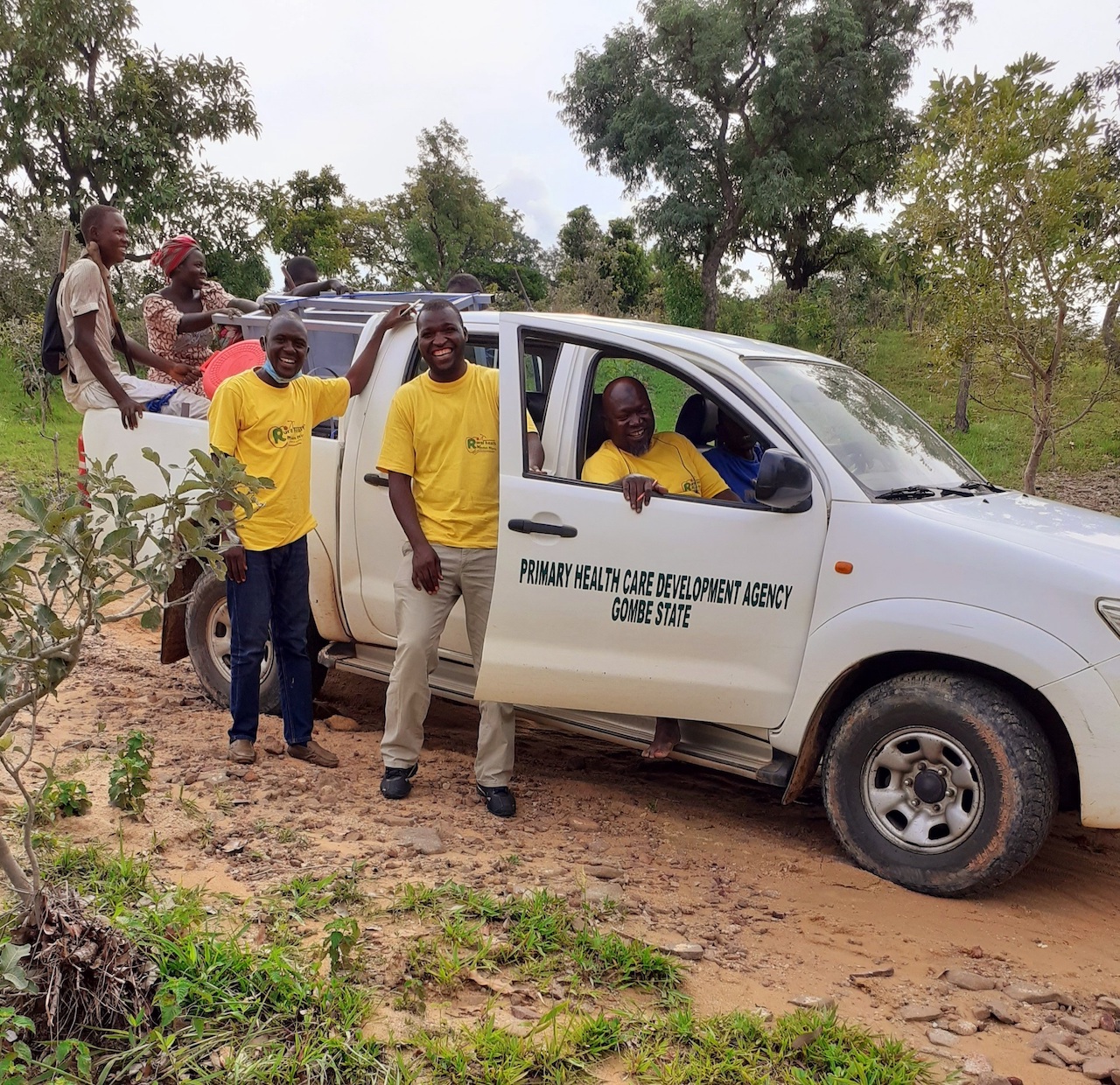The COVID-19 is a worldwide pandemic of coronavirus disease 2019 caused by severe acute respiratory syndrome coronavirus 2 (SARS-CoV-2). In Nigeria, the first confirmed case in was announced on 27 February 2020, when an Italian citizen in Lagos tested positive for the virus. As case continue to increase, the federal government of Nigeria responded on March 30, 2020 by restricting movements of persons for two weeks in the country’s capital Abuja, as well as in Lagos and Ogun States, among other things. Different states followed immediately and invoked the provisions of the Quarantine Act to restrict movements of person, while ramping up efforts in contact tracing, testing and isolation, and case management. According Nigeria Center for Disease Control (NCDC), there are 45,687 cases with 12,114 active cases, 32,637 recoveries and 936 deaths as at August 7, 2020.
Governments at different levels have implemented public health policies to contain the virus including; restriction on movement, social gathering, closing down of public institutions and government offices etc. The NCDC have been issuing out public health guidelines to contain the spread of the virus such as regular hand washing with soap and water, avoiding crowded areas, observing respiratory hygiene, use of face mask amongst others. These strategies have been implemented and observed globally. Even though these strategies might have shown a significant impact on the spread of the virus in Nigeria, but the economic consequences of lock-down have forced the government to relax some of these policies especially the restriction of movement.
The pandemic has put an enormous pressure on the already weak health system of the country exposing the system to imminent collapse should the number of cases increase beyond its capacity. To address this, most of the states have resorted to home isolation of stable cases to create more hospital beds in case of increased severe cases.
As part of the containment and mitigation strategy, the NCDC have done incredibly well in terms of public health safety guidelines and supporting hospitals and healthcare workers through trainings. However, NCDC and governments at all levels seem to have placed greater emphasis on secondary and tertiary hospitals completely neglecting primary healthcare facilities and PHC workers.
To put this in a proper perspective, a team of volunteers at Rural Health Mission Nigeria carried out an on-the-spot assessment of over 100 PHC facilities in Gombe state. After collecting and analyzing the data, it was discovered that over 90% of the PHC workers has not been trained on infection prevention and control of COVID-19, most of the PHC facilities have not received any form of support including consumables or training to help prevent the spread of the virus at the community level. We also observed that the PHC workers have very little knowledge about the virus. It’s important to note that PHC system forms the baseline of any healthcare system in the world, it’s the first contact for any patient in the community before proceeding to secondary or a tertiary facility. Based on this, the PHC workers are considered to be our first line of defense in terms of infection prevention and control. Therefore, neglecting this level of care must come with some consequences, in other words, the collapse of this level of care could lead to the collapse of the entire health system meanwhile strengthening this system means developing a resilient health system. In fact you cannot achieve universal health coverage without an effective primary healthcare system.
It was against this report that Rural Health Mission Nigeria (a nonprofit organization based in Gombe) designed the COVID-19 Response Project which focuses on strengthening the response capacity of primary healthcare system. The project aims to train PHC workers on infection prevention and control, support PHC facilities with hand hygiene equipment and consumables and also support the community with information materials on COVID-19. With support from the US Embassy Abuja through the Public Affairs Section grant, the organization trained 114 PHC workers across all PHC facilities and supported 114 PHC facilities with hand hygiene equipment in Gombe state. At the community level, over 100,000 covid-19 information flyers translated in local language (hausa) were distributed reaching over 100 communities.
I addition to this, the organization also launched a complete online training package for infection prevention and control for primary healthcare workers to technically improve their capacity.
This intervention came at the time that covid-19 cases at the community level was on the increase where Gombe state records an average of 15 cases per day in the month of May according to NCDC data. In June, a significant decrease in cases was observed since this intervention with about 60% reduction of cases averaging 4 cases per day.
Muhammad A. Saddiq
m.saddiq@rhemn.org.ng
20/08/2020
